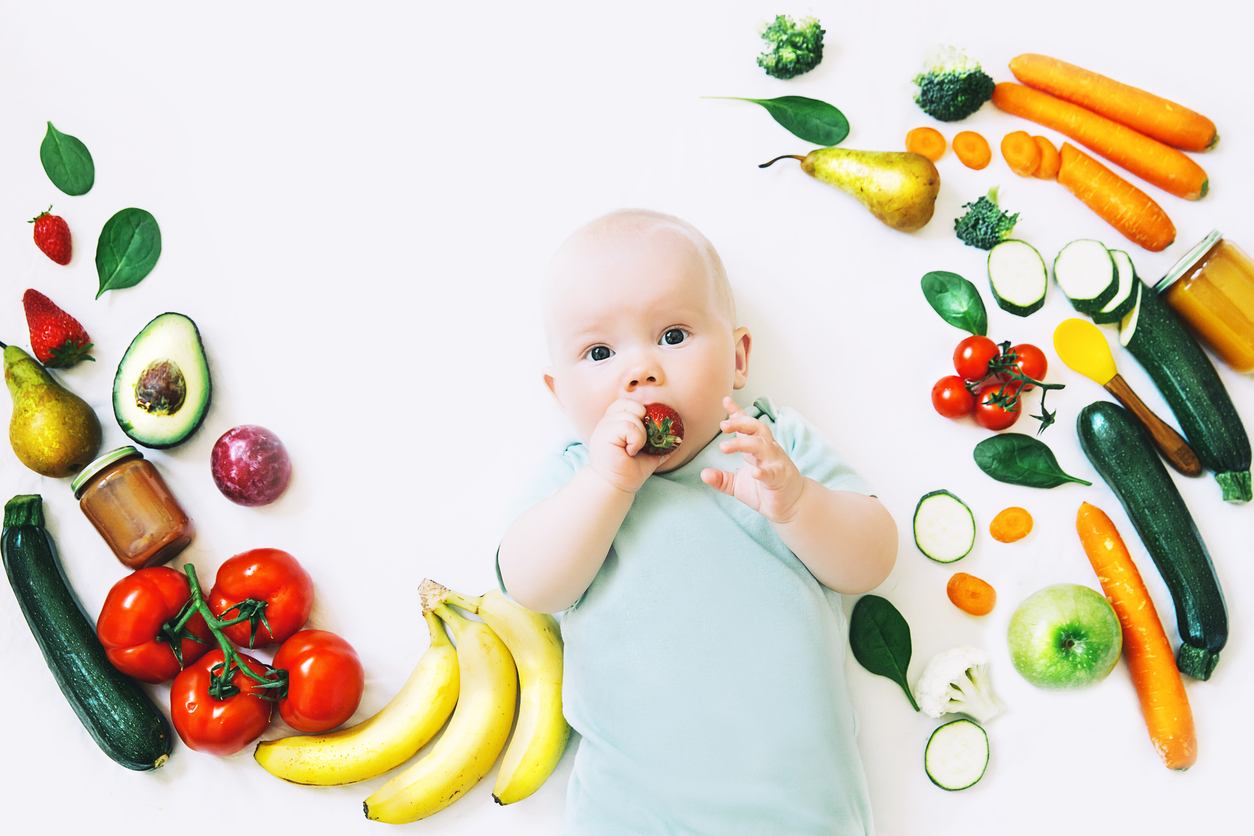The simplest things in life are sometimes the greatest, and most people will consider good food to be a simple pleasure that brings great joy. It’s an exciting time once your baby is ready to begin that journey with you by enjoying amazing culinary creations. But with this new experience comes unknown territory, and as allergy research has become more prominent over the last few years, there are many things to be aware of when weaning your baby off of breast milk. For any concerns or questions that are not addressed below, do not hesitate to contact the best allergy doctor in New York by getting in touch with Dr. Mayank Shukla.
What Foods Are the Most Common Allergies?
Although it is important to be mindful of all the new foods you are introducing to your baby, only a handful of ingredients cause 90% of food allergies. The top eight ingredients that cause a reaction are milk, wheat, eggs, soy, peanuts, tree nuts, seafood, and fish. Other foods can cause problems, such as berries, corn, and seeds, but these reactions are more rare. Your child may grow out of some of these allergies, but it is not a guarantee; doctors have not found a cure for food allergies, and they are continually learning about allergies and reactions.
Where to Start?
The best way to begin introducing your baby to new foods is one at a time, so that you can pinpoint what foods may be causing a negative reaction. If you were to feed multiple types of foods to your child, and there was a reaction, you wouldn’t know which of the foods was the cause. This may be boring for your child at the beginning, but it is the safest way to conduct the introduction, and the silver lining is that your baby will most likely not have memories from this stage of life. Every time you introduce a new food into your babies diet, wait three to five days for any possible reaction to occur. Once you have safely introduced a new food and found no reaction, you can continue to keep that item in your babies diet. For any questions regarding reactions or new foods, reach out to Dr. Shukla. He is an industry leader in his field and a top allergy doctor in New York.
What Are Symptoms?
To accurately pinpoint whether your baby is allergic to a certain food, you must know what signs and symptoms to look for. There are many ways that an allergic reaction can manifest, so here is an exhaustive list of symptoms to be aware of: swelling (in the face, legs, or arms), itchiness, coughing, wheezing, runny nose, difficulty breathing, stuffy nose, rashes, hives, diarrhea, stomach pains, fainting, nausea, and vomiting. It is important to not only know what foods you should be cautious with, but also what signs to be on the look out for. Skin reactions are the most common symptom of a food allergy, but the other symptoms have been linked to allergies as well. Be careful to monitor for anaphylaxis reactions because these can be serious and life threatening. An anaphylaxis reaction is the most severe reaction your child can have and makes it hard for them to breath. Your child will not become anaphylactic the first time they encounter a food they are allergic to, but it is still a very real possibility they have encountered the food before without your knowledge. This is why you should be thorough with your investigation and always read the entirety of labels and ingredients when feeding new foods to your baby. Some foods that you may not expect to contain peanuts or soy may have those ingredients present in oil form. If you are concerned your child has a severe food allergy, talk to Dr. Shukla about getting special shots that can combat the effects of anaphylaxis.
Best Allergy Doctor in New York
Slowly and deliberately introducing new foods to your baby is best way to find allergic reactions and safely avoid them later. The process should not be rushed, and your child has the rest of their lives to enjoy the foods that they are not allergic to. It may seem overwhelming, and there are many peripheral questions you may have regarding your child’s health; contact the best allergy doctor in New York by scheduling a consultation with Dr. Shukla today.

